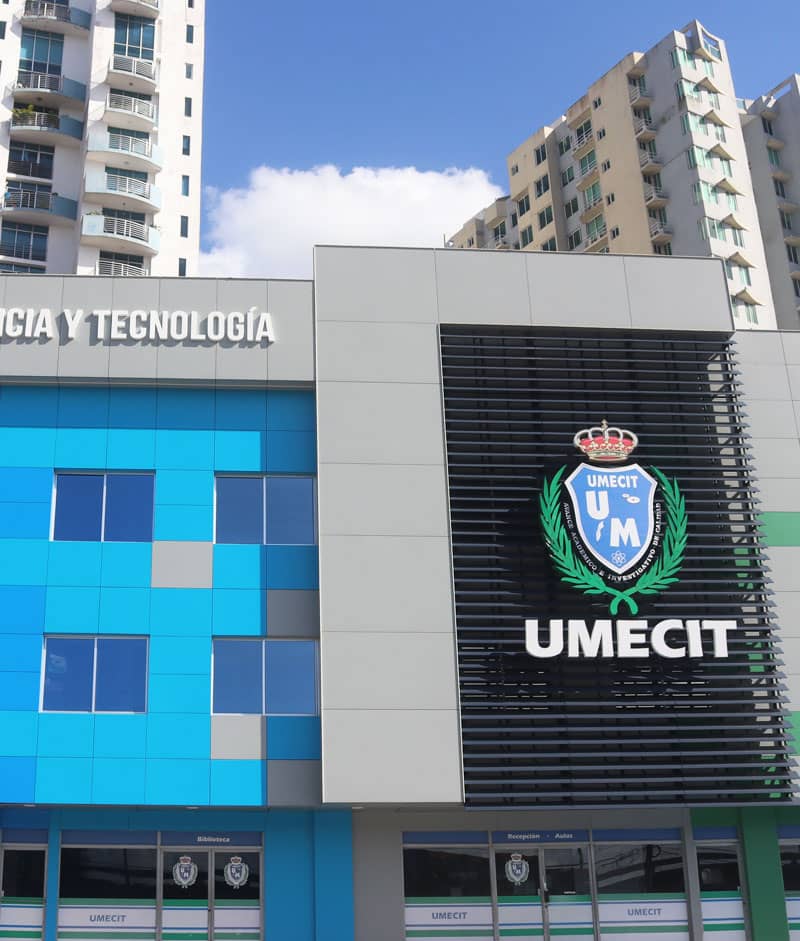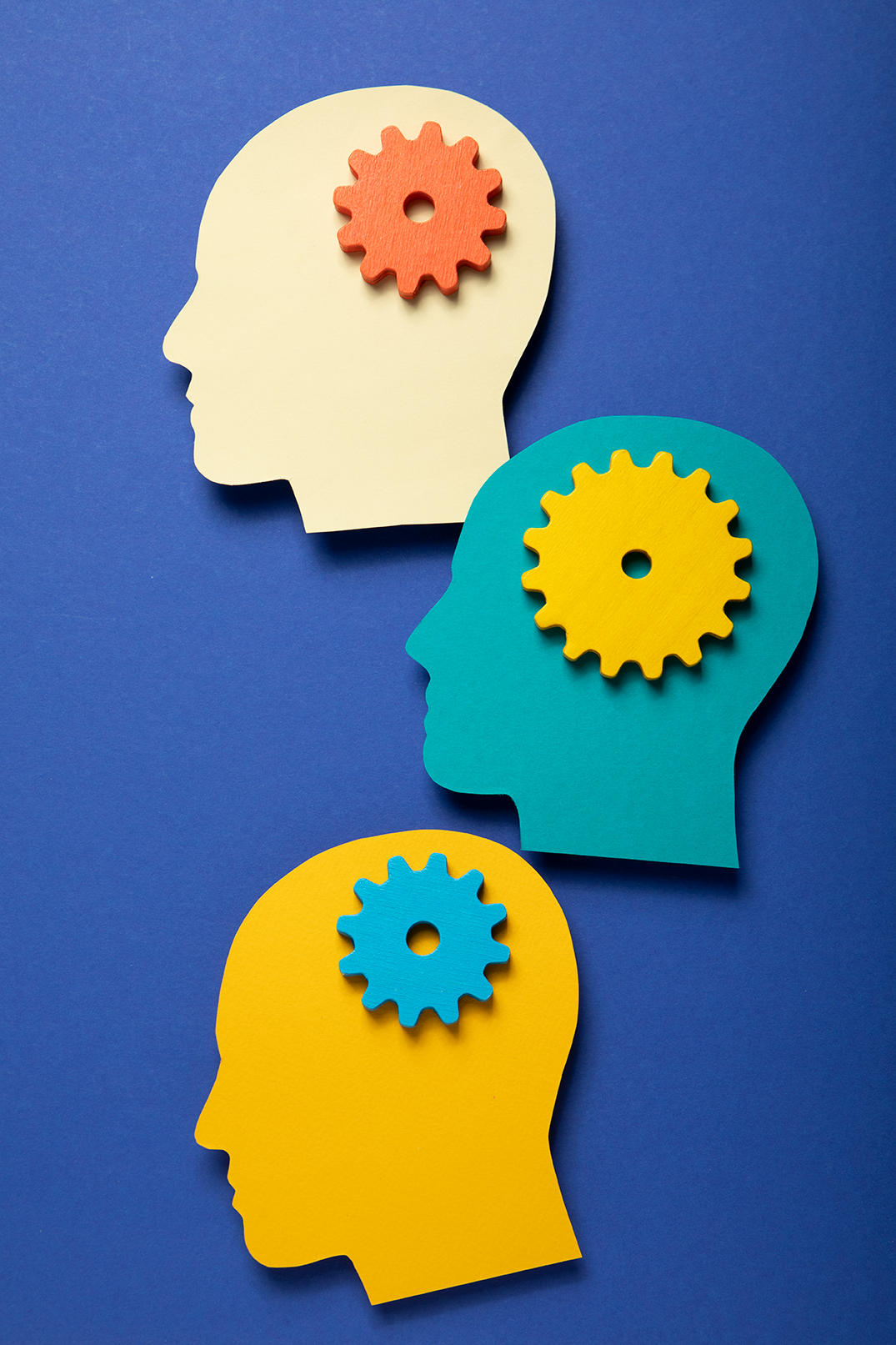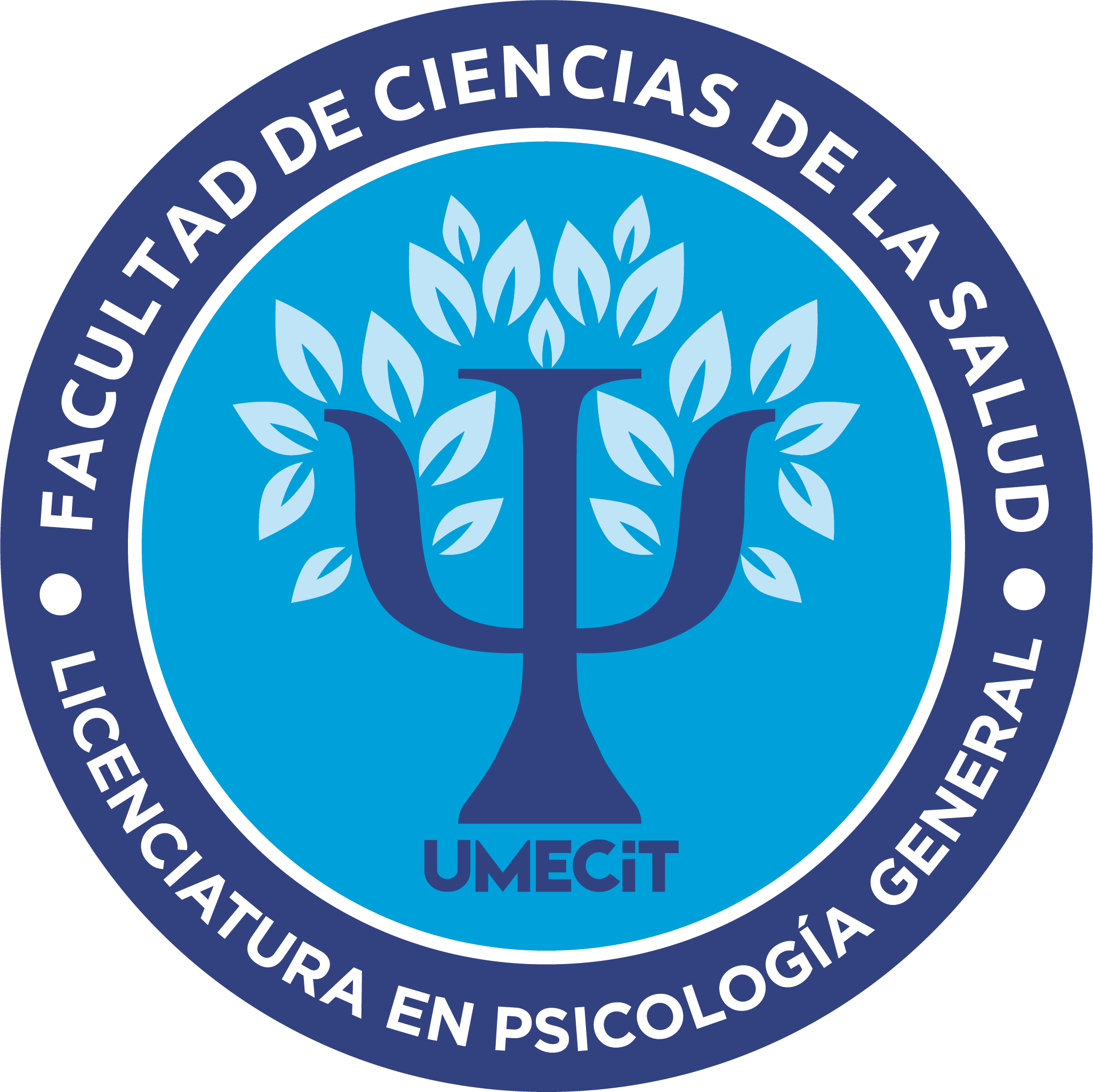“GROWING MINDS”
The Seedbed for Research in Educational Psychology: "Growing Minds" is a space dedicated to the study and analysis of the relationship between psychology and education, with the aim of promoting the integral development of students. This seedbed, made up of a group of enthusiastic researchers, focuses on investigating and understanding the cognitive, emotional and social processes that influence learning and the formation of individuals.
Guided by the firm commitment to generate relevant and applicable knowledge in the educational field, the members of the seedbed delve into the exploration of topics such as the development of critical thinking, motivation, teaching-learning strategies, educational inclusion and well-being. emotion in the educational context.



Through rigorous research methods, ranging from qualitative data analysis to the use of advanced statistical techniques, the Educational Psychology Research Hotbed: Growing Minds seeks to contribute to the field of educational psychology by generating new perspectives, the identification of good practices and the promotion of effective interventions that enhance the educational process.
In addition to conducting research, the seedbed is committed to disseminating its findings and knowledge through the organization of seminars, conferences, and the publication of scientific articles in specialized journals. Likewise, it encourages collaboration with other seedbeds, educational institutions and professionals in the field, in order to strengthen the educational psychology research network and contribute to the advancement of this discipline for the benefit of the educational community in general.
In summary, the Educational Psychology Research Seedbed: Growing Minds stands as a space for inquiry and reflection that seeks to understand and improve educational processes, promoting the growth and integral development of students' minds, as well as the enrichment of teaching practice and well-being in educational settings.
“GROWING MINDS”
Promote research in the field of educational psychology, focused on the comprehensive development of students and the improvement of teaching and learning processes.
Generate scientific knowledge in educational psychology through rigorous and quality research, using appropriate methods and techniques.
Contribute to the theoretical and practical advancement of educational psychology, by identifying factors that influence the cognitive, emotional and social development of students.
Design and implement interventions and strategies based on scientific evidence to promote emotional well-being, effective learning and the development of skills in the educational context.
Establish collaboration links with other seedbeds, researchers and professionals in the field of educational psychology, in order to exchange knowledge, share experiences and strengthen the research network in the area.
Disseminate the findings and results of the research carried out by the seedbed, through the presentation of works in congresses, the publication of scientific articles and the holding of academic events.
Contribute to the professional development of the members of the seedbed, providing spaces for training, training and updating in relevant topics of educational psychology.
Collaborate with educational institutions and key actors in the educational field, providing support and advice in the implementation of pedagogical practices and programs that favor the integral development of students.
“GROWING MINDS”
The conceptual and theoretical bases of the “Growing Minds” hotbed are based on different approaches and theories related to educational psychology and student development. Some of the relevant conceptual and theoretical bases could include:
Theories of cognitive development
Theories such as Jean Piaget's theory of cognitive development and Lev Vygotsky's sociocultural theory are considered to provide a framework for understanding how students acquire and construct knowledge throughout their development (Piaget, J; 1966; and Vygotsky, L S; 1995).
learning theories
Theories such as behaviorism, constructivism and the socio-constructivist approach are explored, which analyze how learning occurs and how students acquire skills, knowledge and competencies (Fischer, KW, & Bidell, T. R; 2004).
motivation theories
Theories such as the self-determination theory of Edward Deci and Richard Ryan are addressed, which examine the factors that influence the intrinsic and extrinsic motivation of students and how this affects their commitment and academic performance (Deci, EL, & Ryan, R. M; 2002).
Theories of emotional development
Theories such as Paul Ekman's theory of emotions and Daniel Goleman's theory of emotional intelligence are explored, which examine how emotions influence students' learning, well-being, and socio-emotional development (Ekman, P; 2004).
Cognitive neuroscience and education
Findings and approaches from cognitive neuroscience are considered that offer a deeper understanding of the brain processes involved in learning and decision-making, and how this information can be applied in education (Howard-Jones, P; 2016).
positive psychology
Positive psychology and its focus on well-being and human flourishing are explored, focusing on the development of personal strengths, resilience, gratitude, optimism, and other positive dimensions that can contribute to a more holistic education (Seligman, ME, & Csikszentmihalyi, M 2001).
These conceptual and theoretical bases provide a framework for analysis and research in the “Growing Minds” hotbed, allowing us to understand the factors that influence the development of students and providing tools to design effective interventions that promote learning, emotional well-being and personal growth.


BIBLIOGRAPHY
- Deci, EL, & Ryan, RM (2002). Self-determination and intrinsic motivation in education: theory, research, and practice. Narcea.
- Ekman, P. (2004). Revealed emotions. Paidos Editions.
- Fischer, KW, & Bidell, TR (2004). Construction of the mind: knowledge, representation and change. ok.
- Goleman, D. (1996). emotional intelligence. Vergara.
- Howard-Jones, P. (2016). Neuroeducation: Realities and possibilities. Morata.
- Immordino-Yang, MH (2016). Emotions, learning and the developing brain. Narcea.
- Mora, F. (2016). Neuroeducation: you can only learn what you love. Editorial Alliance.
- Piaget, J. (1966). The construction of thought in the child. Morata.
- Seligman, ME, & Csikszentmihalyi, M. (2001). Positive psychology: an introduction. Gedisa.
- Vygotsky, L.S. (1995). The development of higher psychological processes. Criticism.
WHICH ARE IN THE PROCESS OF IMPLEMENTATION FROM THE SEEDBED
"Evaluation of the effectiveness of peer tutoring programs on the academic performance and emotional well-being of secondary school students"
This project seeks to investigate the impact of peer tutoring programs on students' academic performance and emotional well-being. It is intended to perform a quasi-experimental study or a randomized controlled trial to compare the group of students receiving tutoring with a control group.
"The impact of socio-emotional education on school coexistence and the reduction of bullying"
This project focuses on evaluating the impact of the implementation of socio-emotional education programs in improving school coexistence and reducing bullying cases. It is intended to carry out a pre-post evaluation with an experimental group that receives the program and a control group without intervention.
"Development and validation of a resilience scale for university students"
This project consists of developing and validating a specific resilience measurement scale for university students. It is intended to apply different techniques of factor analysis, validity and reliability to obtain a reliable and valid scale that can be used in future research.
"Evaluation of the implementation of educational technologies in the teaching-learning process"
This project seeks to evaluate the effectiveness of the implementation of educational technologies (for example, online learning platforms, educational applications) in the teaching-learning process. It is intended to use mixed methods that include surveys, observations and interviews with students and teachers to obtain a complete perspective of the teaching-learning processes.
"Exploration of teaching strategies to promote critical thinking in elementary students"
This project focuses on exploring and comparing different teaching strategies that promote critical thinking in elementary school students. It is intended to design specific activities and analyze the impact on the development of critical thinking through the observation and evaluation of students.

RESPONSIBLE FOR THE SEEDBED

teacher in charge
Khaddine Lay
Contact: khaddinel0975@gmail.com

teacher in charge
Amelia Sarco
Contact: research.chorrera
@umecit.edu.pa

Student leader of the Panama seedbed
vigil gonzalez
Contact: vigilyaritzel@gmail.com

